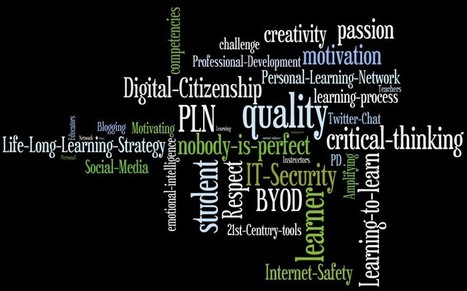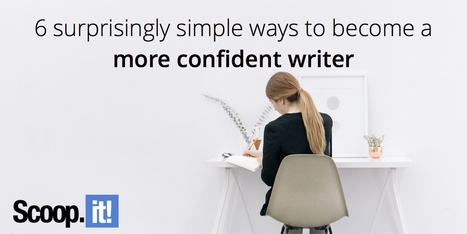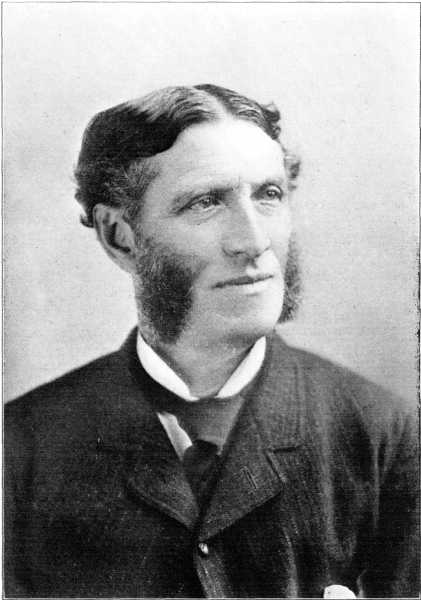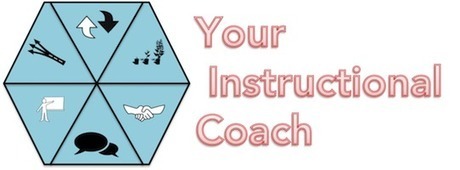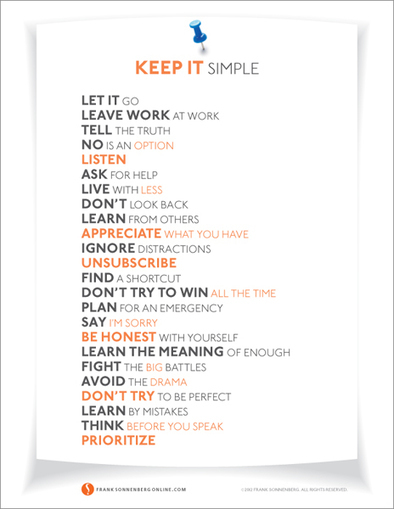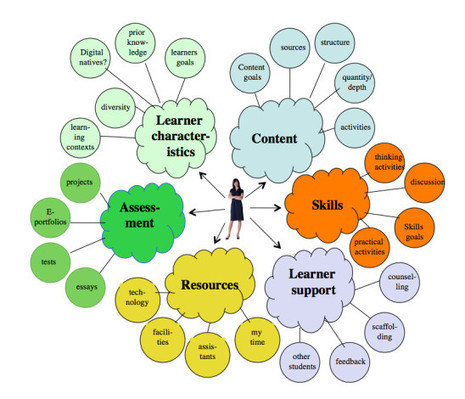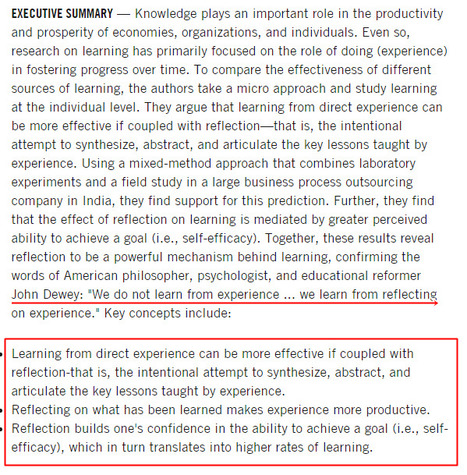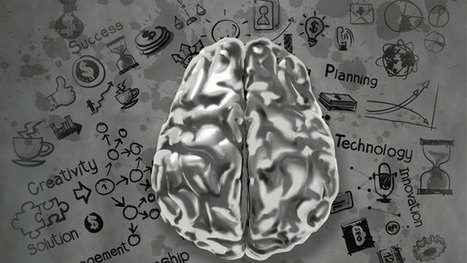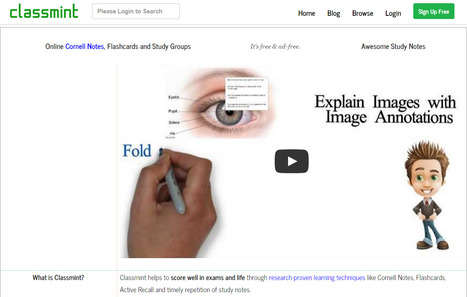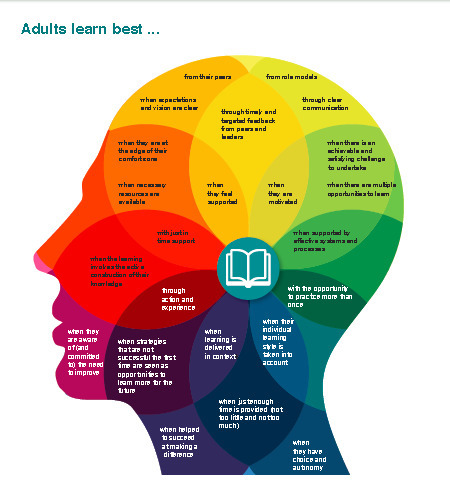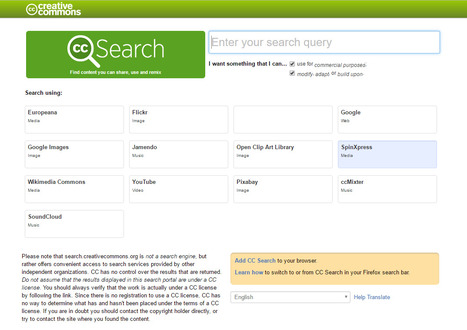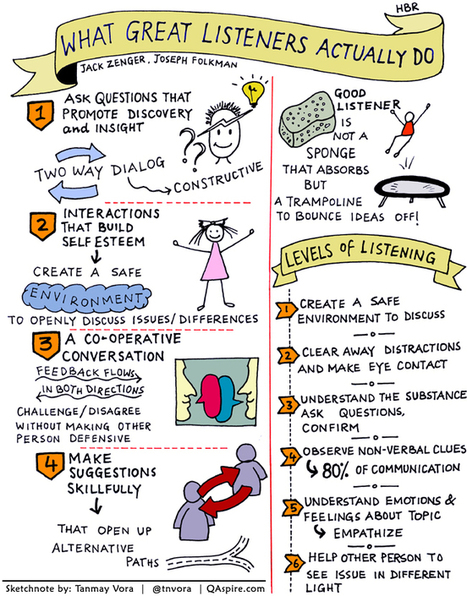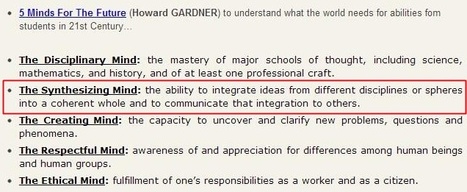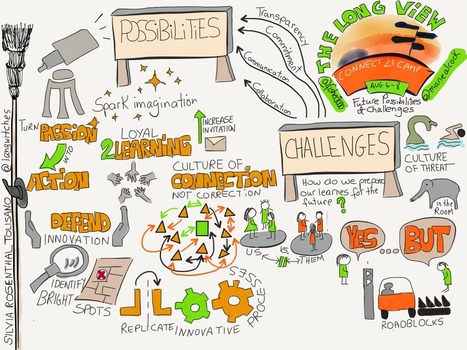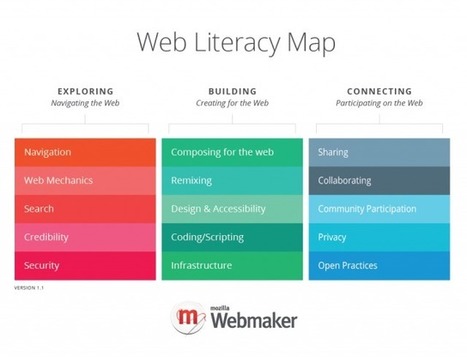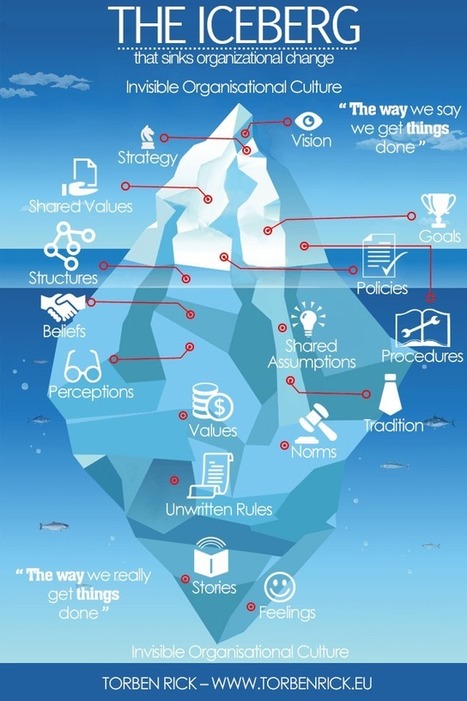 Your new post is loading...
 Your new post is loading...
SO, you are a retired EDUcator, TEACHer, Instructor, LEHRENDER: WHAT to do NOW?!! Well, that was the question I was asking myself when I became retired in 2014. As I did innovation in Modern-EDUcation in my country Luxembourg, there was NO WAY to give that up, BTW! SO, years before my retirement I… Learn more / En savoir plus / Mehr erfahren: https://gustmees.wordpress.com/
Via Gust MEES
There’s an epidemic sweeping through the content writing industry. People are spending more time curating other people’s content than crafting their own original pieces. In a world where it’s easy to simply grab something from someone else and share it with your audience, you may be falling prey to this dangerous trend.
You may assume that convenience is the primary issue; however, a lack of confidence may be to blame.
How a lack of confidence hurts your writing
Confidence is a fickle thing. One minute, you can have all the confidence in the world and the next moment it’s gone. There are so many different factors in play and the average person has a pretty poor outlook on their potential.
“Often people think of confidence as something that the lucky few are born with and the rest are left wishing for. Not true,” business consultant Margie Warrell assures people. “Confidence is not a fixed attribute; it’s the outcome of the thoughts we think and the actions we take. No more; no less. It is not based on your actual ability to succeed at a task but your belief in your ability to succeed.”
When you look at writing, in particular, this means confidence isn’t tied to your talent as a writer, but in your belief that you can be successful. Once you look at it through this lens, it becomes apparent that a lack of confidence can have a tremendously negative impact on your efforts. Learn more / En savoir plus / Mehr erfahren: https://gustmees.wordpress.com/?s=blogs https://gustmees.wordpress.com/?s=curation
Via Gust MEES
In the fields of philosophy and æsthetics, the derogatory term philistinism describes the social attitude of anti-intellectualism that undervalues and despises art, beauty, spirituality, and intellect; "the manners, habits, and character, or mode of thinking of a philistine".
In the fields of philosophy and æsthetics, the derogatory term philistinism describes the social attitude of anti-intellectualism that undervalues and despises art, beauty, spirituality, and intellect; "the manners, habits, and character, or mode of thinking of a philistine".[1] A philistine person is a man or woman of smugly narrow mind and of conventional morality whose materialistic views and tastes indicate a lack of and an indifference to cultural and æsthetic values.[2] Learn more / En savoir plus / Mehr erfahren: http://www.scoop.it/t/21st-century-learning-and-teaching/?&tag=Character
Via Gust MEES
Teaching students good learning strategies would ensure that they know how to acquire new knowledge, which leads to improved learning outcomes, writes lead author Helen Askell-Williams of Flinders University in Adelaide, Australia. And studies bear this out. Askell-Williams cites as one example a recent finding by PISA, the Programme for International Student Assessment, which administers academic proficiency tests to students around the globe, and place American students in the mediocre middle. “Students who use appropriate strategies to understand and remember what they read, such as underlining important parts of the texts or discussing what they read with other people, perform at least 73 points higher in the PISA assessment—that is, one full proficiency level or nearly two full school years—than students who use these strategies the least,” the PISA report reads. Learn more / En savoir plus / Mehr erfahren: https://gustmees.wordpress.com/2014/10/03/design-the-learning-of-your-learners-students-ideas/ https://gustmees.wordpress.com/2015/07/19/learning-path-for-professional-21st-century-learning-by-ict-practice/
Via Gust MEES
We can be tactical in our schooling. The traditional advice on learning has been to “study hard,” in a quiet place and with the same routine, yet that doesn’t say much about what to specifically do. But pupils today can change the way they study to exploit the brain’s quirky learning processes, using the strategies revealed by memory and learning research. While that science is still maturing, “it’s at a place now where it can give you a specific tactical plan,” Carey said. . Students can tailor their preparation with techniques targeting different kinds of content or skills, and manage their schedule to optimize their time. “That’s a powerful thing, because we go through our whole lives never knowing that,” he said. . Ultimately, the value of these learning strategies isn’t just about earning better grades, Carey said. In the modern jungle of society, learning is still about surviving: For young people, it’s about sussing out what they’re good at, what rings their bell, and what they want to do with their lives. “It’s informing you of: Who am I? Where do I place my bets? Do I major in physics or do I major in architecture or design, or do I major in English? Do I belong here at all?” Carey said. Those are important decisions. “Being self-aware about what’s effective learning and how it happens, I think, gives you a real edge in making those choices.” Learn more: - https://gustmees.wordpress.com/2013/04/25/learn-every-day-a-bit-with-curation/ - https://gustmees.wordpress.com/2015/03/28/learning-to-learn-for-my-professional-development-i-did-it-my-way/
Via Gust MEES, Antonios Bouris
Classmint.com - Online Cornell Notes, Flashcards and Study Groups
Via Gust MEES
|
Kuhn's idea was, itself, revolutionary in its time. It caused a major change in the way that academics talk about science; and, so, it may be that it caused (or was part of) a "paradigm shift" in the history and sociology of science. However, Kuhn would not recognize such a paradigm shift.
A common but confusing way of distinguishing between efficiency and effectiveness is the saying "Efficiency is doing things right, while effectiveness is doing the right things." This saying indirectly emphasizes that the selection of objectives of a production process is just as important as the quality of that process.
Efficiency is very often confused with effectiveness. In general, efficiency is a measurable concept, quantitatively determined by the ratio of useful output to total input. Effectiveness is the simpler concept of being able to achieve a desired result, which can be expressed quantitatively but doesn't usually require more complicated mathematics than addition. Efficiency can often be expressed as a percentage of the result that could ideally be expected, for example if no energy were lost due to friction or other causes, in which case 100% of fuel or other input would be used to produce the desired result. This does not always apply, not even in all cases in which efficiency can be assigned a numerical value, e.g. not for specific impulse. Learn more / En savoir plus / Mehr erfahren: http://www.scoop.it/t/21st-century-learning-and-teaching/?&tag=efficient+competitive+intelligence
Via Gust MEES
Creative Commons licenses provide a flexible range of protections and freedoms for authors, artists, and educators. Please note that search.creativecommons.org is not a search engine, but rather offers convenient access to search services provided by other independent organizations. CC has no control over the results that are returned. Do not assume that the results displayed in this search portal are under a CC license. You should always verify that the work is actually under a CC license by following the link. Since there is no registration to use a CC license, CC has no way to determine what has and hasn't been placed under the terms of a CC license. If you are in doubt you should contact the copyright holder directly, or try to contact the site where you found the content. Learn more / En savoir plus / Mehr erfahren: http://www.scoop.it/t/21st-century-learning-and-teaching/?tag=Creative-Commons https://gustmees.wordpress.com/2013/02/22/what-you-should-know-about-copyright/
Via Gust MEES
There is no leadership, personal or organizational, without listening. In fact, ability to truly listen (and not just hear) is the foundation of having a conversation, building trust, influencing others, resolving conflicts, driving your vision, building relationships, implementing change and... Learn more / En savoir plus / Mehr erfahren: http://www.scoop.it/t/21st-century-learning-and-teaching/?tag=listening
Via Gust MEES
Business is full of dry, boring material that needs your attention. Here, Inc. columnists share ways to get through the drudgery.
Via Gust MEES
Where do you go if you want to get better at your web skills? How do you even know what's important to learn? The Web Literacy Map contains the competencies and skills that Mozilla and our community of stakeholders believe are important to pay attention to when getting better at reading, writing and participating on the web. The Web Literacy Map is part of Mozilla’s ongoing goal to create a generation of webmakers – those who can not only elegantly consume but also write and participate on the web. Read more Learn more: - http://www.scoop.it/t/21st-century-learning-and-teaching/?tag=EDUcation+4.0
Via Gust MEES
|



 Your new post is loading...
Your new post is loading...

